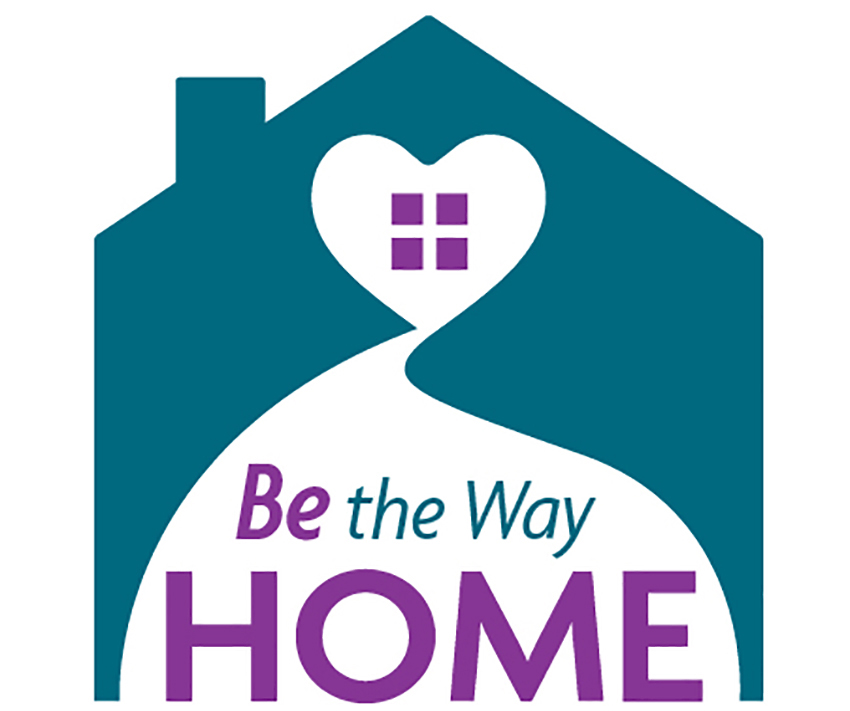To protect the child or youth in your care, you must supervise them while also maintaining their right to privacy.
Supervision
Make reasonable efforts to protect the child or youth from abuse and neglect. This means protect them from physical injury, sexual abuse, and sexual exploitation.
Provide and arrange for supervision that's appropriate for them based on their age and development.
If the child or youth’s caseworker or the child-placing agency provided a written supervision plan, follow it.
Your child’s right to privacy
The child or youth in your care has a right to privacy. Do not look at their personal mail, or emails, or listen to their phone calls. The only exceptions are if their caseworker asks you to monitor them, or the court approves monitoring as part of their case plan.
Video and audio recording
You may record the child or youth's childhood events. Examples include:
- Birthdays
- Vacations
- Extracurricular activities
- The first day of school
You may use door or window alarms, or motion detectors in your home.
You may only use video or audio monitoring for the child or youth in your home if one of these is true:
- The child is younger than 5 years old
- They are sick or medically fragile
- Their licensed health care provider directed you in written orders to record their actions
- A DCYF Licensing Division senior administrator approves the use of electronic monitoring devices
- The court approves the use of video or audio monitoring as part of the child or youth’s case plan
Do not use video or audio monitoring in any other situations.
Related content
Read the regulations
For more information read the Washington Administrative Codes (WACs) related to these topics:
- WAC 110-149-0130: Meeting the safety and well-being needs of children and youth
- WAC 110-149-0200: Supervising children and youth
- WAC 110-149-0240: Privacy for children and youth

